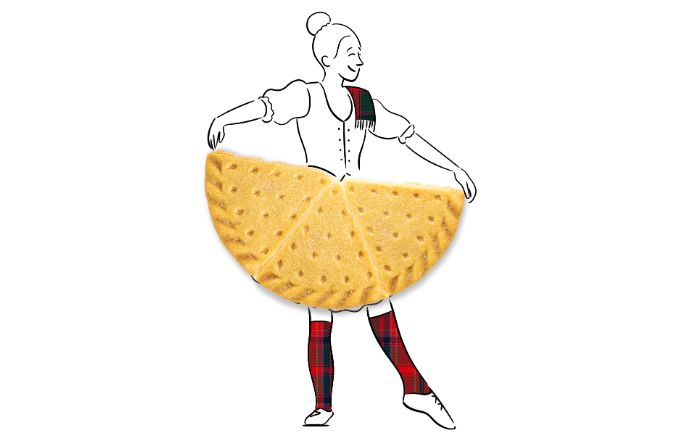5 Tips to Make Your Home Pollinator Friendly
Posted on Aug 1st 2023
Pollinators such as bees and butterflies are absolutely vital to our existence. They facilitate the reproduction of the plants that bring us the majority of our fruits, vegetables, and flowers, and also help clean the air we breathe supplying us with oxygen.
In recent years, pollinators have unfortunately faced numerous challenges like environmental contaminants, parasites, and disease that hinder their ability to pollinate. Walker's is invested in sustainability and concerned with the problems pollinators are facing. There are things we can all do to help!
Here are 5 simple things you can do to support pollinators:
1. Plant Native Species
Since native plants and local pollinators depend on each other for food, planting native species in your garden is a great way to attract pollinators. Early Fall is a perfect time to plant many pollinator-friendly species. To find out what native plant species thrive in your area, you can either research on your own, or contact your state’s native plant society. If they are native to your area, flowers such as asters, coneflowers, and milkweed tend to be highly attractive to pollinators.
2. Plant for Continuous Blooms
To provide a consistent food source for pollinators, choose a variety of plants that bloom at different times throughout the growing season. This ensures that there is always nectar and pollen available, supporting the needs of pollinators from early spring to late fall.
Click here to learn about flowers that are great for continuous blooms.
3. Use Sustainable Gardening Practices
Gardening more sustainably is a simple way to help pollinators, with the added bonus of reducing your ecological footprint. Composting your kitchen scraps and yard waste, using organic fertilizers, and conserving water by watering your garden efficiently are all helpful ways of practicing sustainable gardening.
All living creatures need water, and pollinators are no exception. Providing pollinators with a shallow water source in your garden, such as a birdbath or a small container with stones for perching, is a wonderful way to support them. Filling these water sources with just the right amount of water is another way to practice sustainability.
Click here to learn about more sustainable gardening practices.
4. Learn About Pollinators
Educate yourself about the diverse pollinators in your area. Understanding their habits, lifecycles, and needs will help you make informed decisions to create a pollinator-friendly environment. Visit local gardens, attend workshops, and connect with organizations dedicated to pollinator conservation to get valuable insights.
One informative pollinator-centered organization to connect with is Pollinator Partnership.
5. Share Your Knowledge
Support pollinators by sharing your knowledge to help others become aware of their importance and the sustainable gardening practices discussed here. Encourage others to create pollinator-friendly habitats and provide resources for them to get started. Engage in conversations with friends, family, and neighbors, and share your knowledge on social media platforms.
By implementing these 5 simple tips, you’ll provide more support for pollinators and the environment as a whole. Even small changes in your garden can have a big impact. Start today and join the movement to create a more sustainable planet that will benefit generations to come.
To learn more about sustainability and environmental initiatives, you can read about Walker’s commitment to sustainability and watch this inspiring video about specific initiatives.
Together, let's make a positive impact and create a sustainable future for both pollinators and our planet!
 US
US UK
UK
